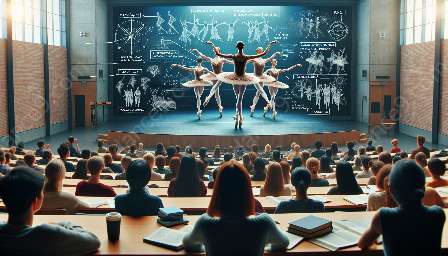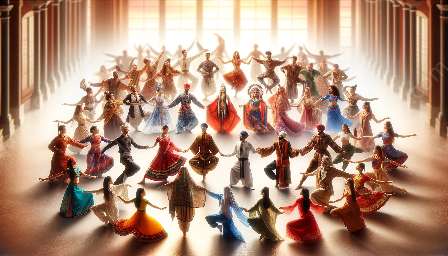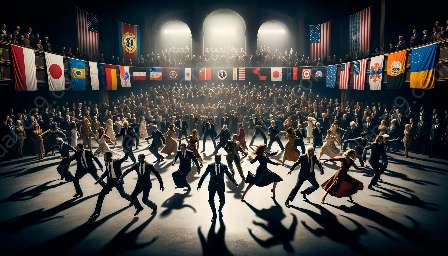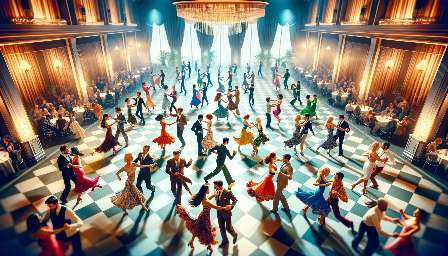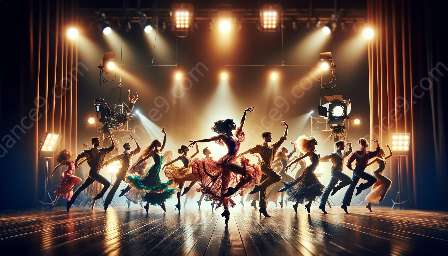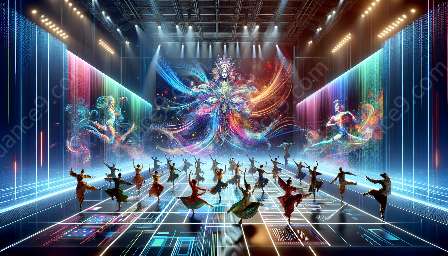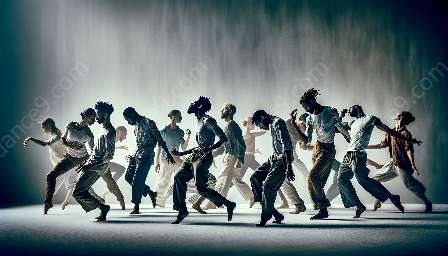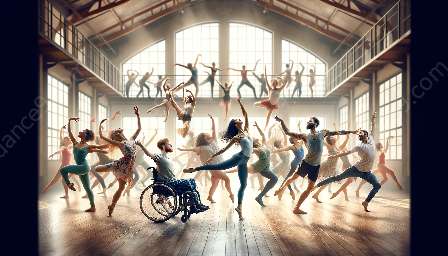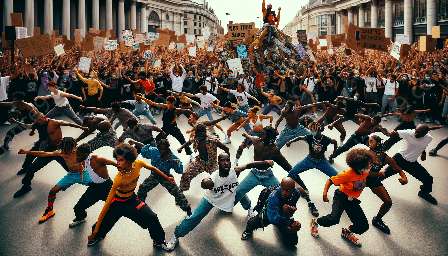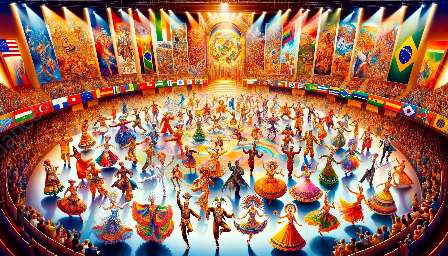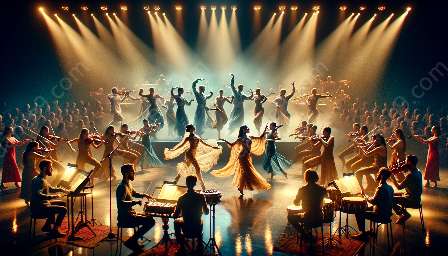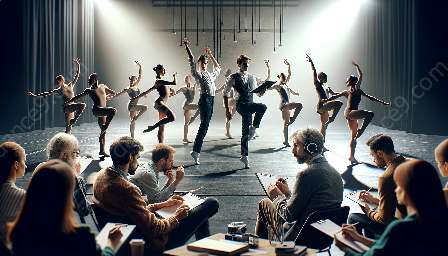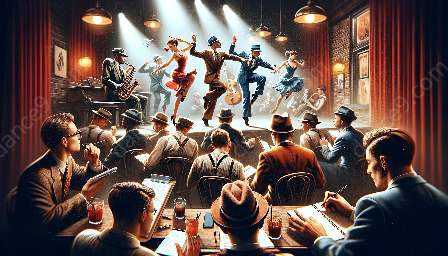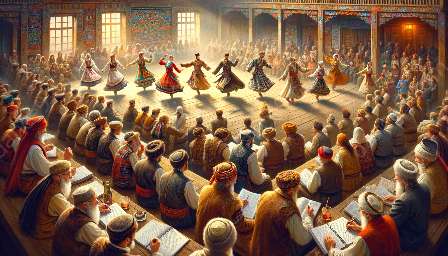Folk dance theory and criticism have seen significant advancements in research methodologies in recent years, shaping the field of dance theory and criticism. This article will delve into the emerging research methodologies in folk dance theory and criticism and their impact on the broader field of dance theory and criticism.
1. Ethnographic Approaches
Ethnography has gained prominence in studying folk dance as researchers immerse themselves within the community or cultural group to observe and understand the dance practices. This approach offers rich insights into the social, cultural, and historical context of folk dances, enhancing the depth of analysis in dance theory and criticism.
2. Performance Analysis
Researchers are employing performance analysis techniques to deconstruct and analyze folk dance performances. This methodology encompasses a detailed examination of choreographic elements, movement vocabulary, and embodied meanings within folk dance performances. By dissecting the physicality and aesthetics of folk dances, scholars can provide in-depth critical analyses.
3. Digital Ethnomusicology
With technological advancements, digital ethnomusicology has opened new avenues for research in folk dance theory and criticism. This methodology involves utilizing digital tools to document, archive, and analyze folk dance performances, music, and cultural contexts. The interdisciplinary nature of digital ethnomusicology strengthens the connections between music, dance, and cultural studies.
4. Intersectional Studies
Increasingly, researchers are adopting an intersectional approach to folk dance theory and criticism, considering the interconnectedness of gender, race, ethnicity, and class in the analysis of folk dances. This methodology emphasizes the importance of understanding how various social identities intersect and influence the production, performance, and reception of folk dances.
5. Embodied Research
Embodied research methodologies involve the researcher's embodied experiences and participation in the folk dance practices. This approach encourages a deeper understanding of the somatic elements, kinesthetic sensations, and emotional nuances within folk dances, contributing to a more holistic interpretation in dance theory and criticism.
Impact on Dance Theory and Criticism
The emergence of these research methodologies has significantly enriched the field of dance theory and criticism. By embracing diverse approaches, scholars have expanded the horizons of understanding folk dances, fostering interdisciplinary dialogues and pushing the boundaries of critical discourse. Furthermore, these methodologies have engendered a more inclusive and culturally sensitive approach, acknowledging the plurality of dance expressions and their significance in the broader context of dance theory and criticism.

